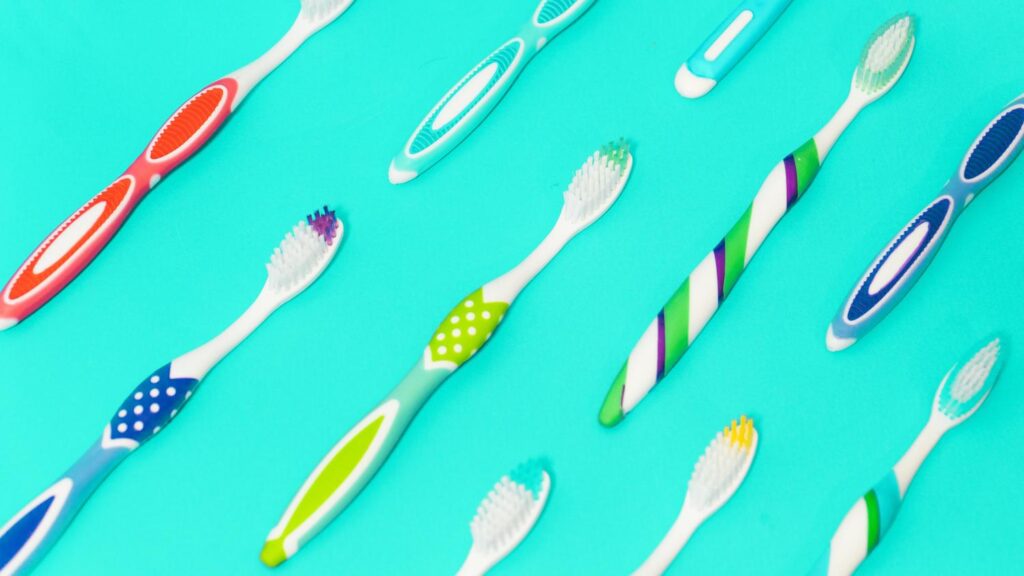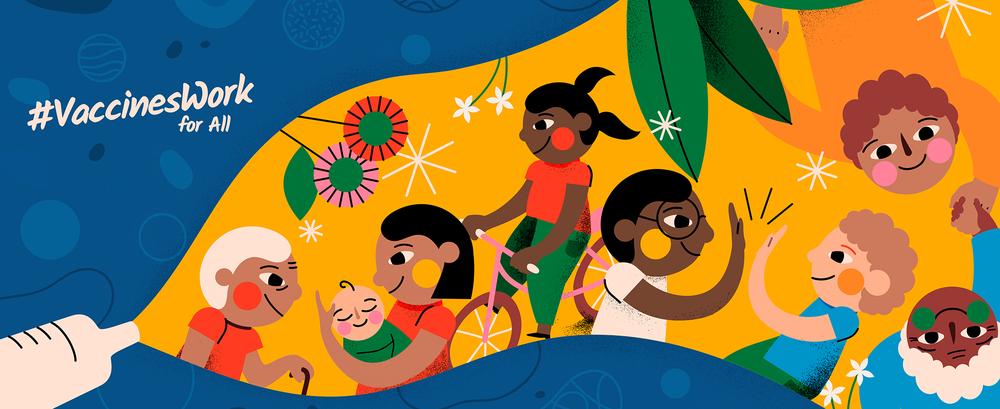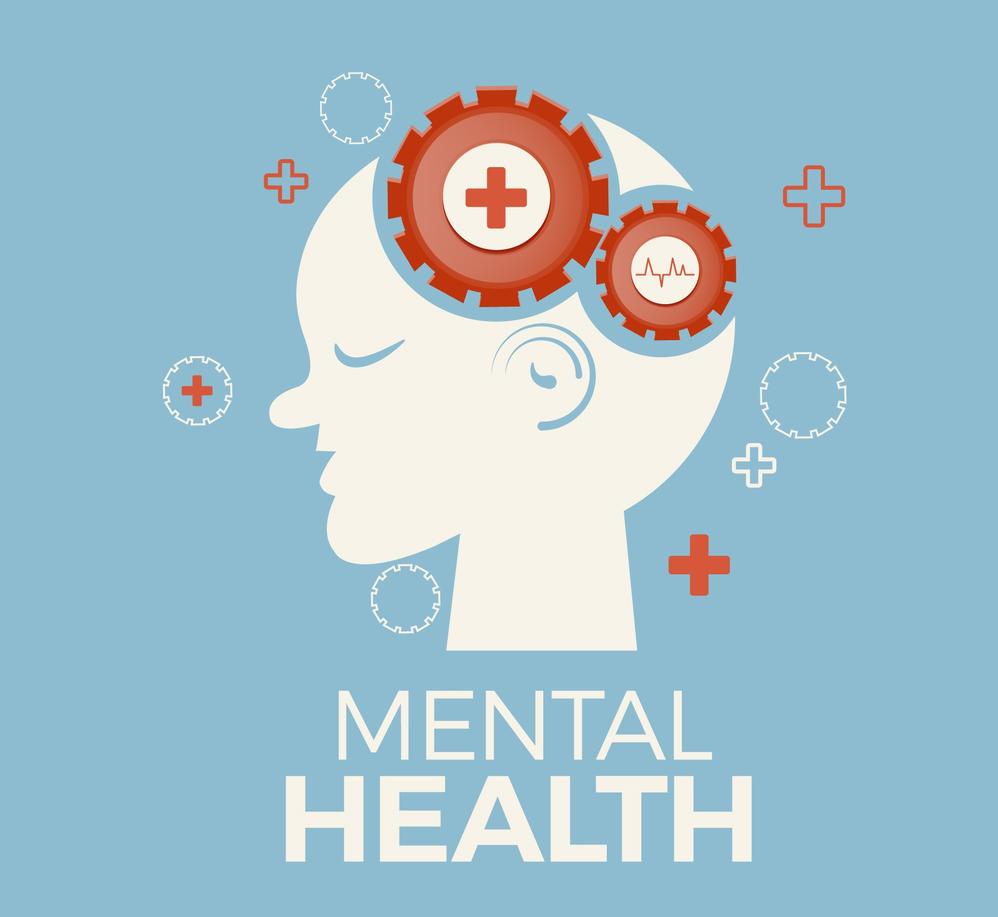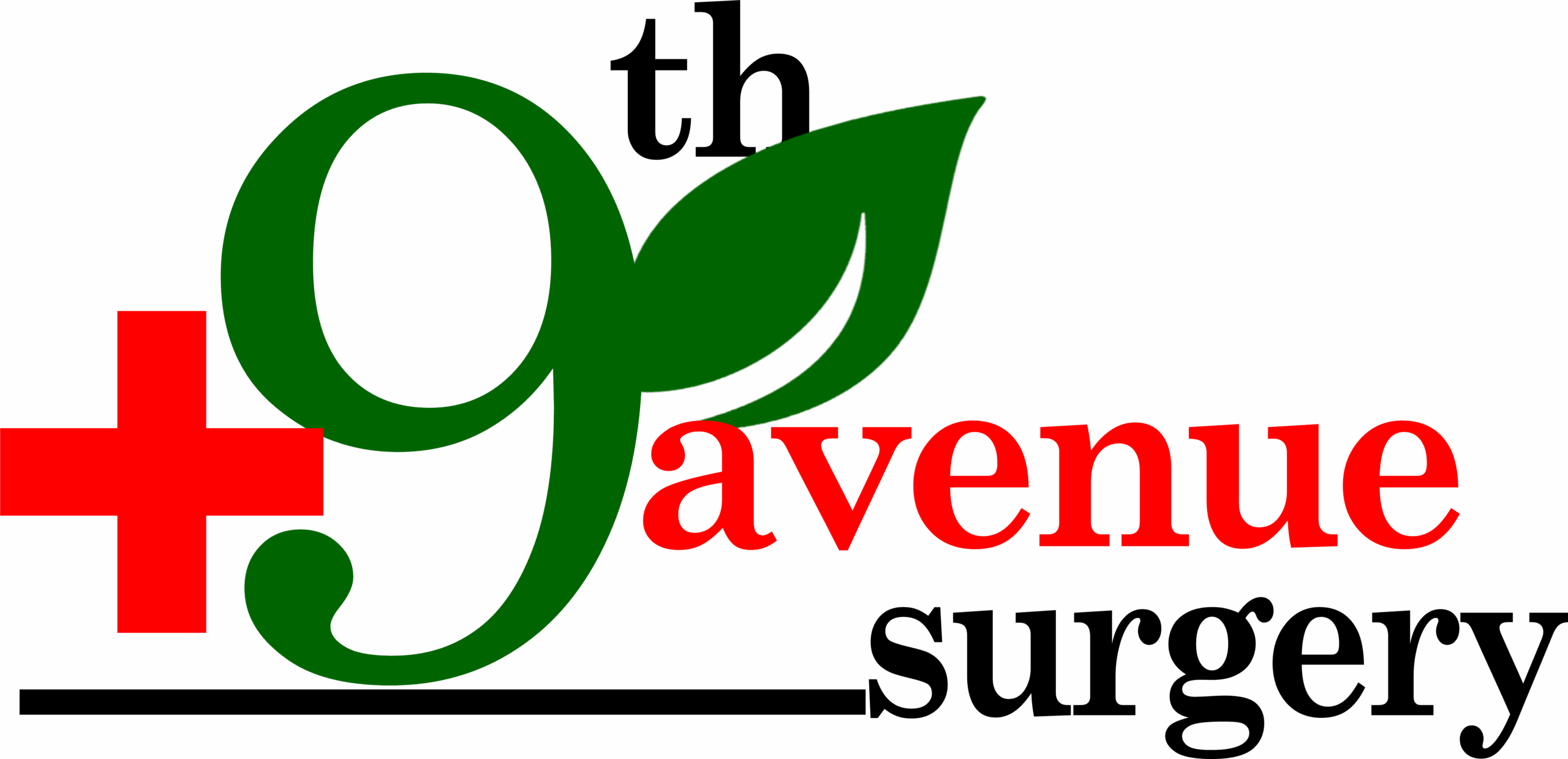I was fortunate to book a dental appointment this past week, it is embarrassing to say, but this was my first time in the dental chair for a regular check-up and cleaning. My reason for absconding was ignorant; I practise regular oral hygiene and had not been bothered by a toothache before. I got quite a shock when the assessment showed that my molar teeth on the lower and upper jaw needed fillings and a set of them had to be removed at some time because they were impacted. What I thought would have been a one-hour procedure ended up needing 3 dental appointments to manage. A pat on the back was my expectation only to be advised that caries had done a bit damage to the teeth.
The procedure went on well, as assured I was not in any pain or discomfort. There would be no need for anaesthesia (numbing medication). The dental fillings were done without any trouble. Afterwards I was encouraged to visit again after 6 months, which I will be sure to do.
Oral health education is lacking in our community, it should be second nature to visit the dentist every 6 months just for a check-up. These are some of the benefits that I picked as we were discussing with the good dentist;
- It prevents bad breath,
- Helps avoid teeth loss,
- Increases self-esteem (they clean and can also whiten teeth),
- Helps improve your sleep,
- There is early detection of potential and actual problems (like my impacted teeth).
- Helps prevent and treat gum disease,
- Lowers the risk of heart disease, diabetes, chronic headaches and pancreatic disease,
- Early detection of mouth cancer,
- Maintains a healthy smile on your face
An epiphany came to me when I was having my dental check-up, there are no statistics supporting a high COVID-19 infection rate amongst dentist. Dentist work in the lion’s den, the oral cavity, where a high concentration of COVID-19 would be expected as they will be poking and prodding with drills and sharp instruments during routine dental procedures. There is lots of splashing and release of liquids which would be ‘COVID-19’ rich whilst these procedures are being done. These instruments create a visible spray that can contain particle droplets of water, saliva, blood, microorganisms, and other debris.
Regular surgical face masks used in dentistry when correctly worn and frequently changed offer around 80% filtration rate. This is good protection for elective dentistry in normal circumstances, hoping that the majority of patients are healthy.
Factors that could be supporting a reduced infection rate amongst dentist include-
- efficient booking system that prevented too many patients lining up in the reception waiting to see the doctor,
- systematically assessing all patients and visitors upon arrival,
- temperature checks,
- Sanitiser are readily available and conveniently placed for the patient/relatives.
- signage on appropriate wearing of masks was clearly visible and only one relative was allowed to accompany the patient,
- procedures are booked in such a way that they do not overlap,
- there were several sterilised instrument kits that were available for patients that had been booked for the day (reducing contamination risk),
- The dentist and the assistant work quietly and will be wearing N95 masks and appropriate face shields and aprons/gowns which are disposed of into a medical waste bin after every procedure (which mitigates the chance of the staff infecting the patient during treatment).
Dentist have been practicing the appropriate use of personal protective equipment (PPE) as a standard and we should take a leaf from their modulus opendi if we are to stand a good chance at ensuring we deliver health care without endangering the service provider nor the patient in light of COVID-19.
There is need for more PPE for all front liners to avoid the alarming increase of cases in hospitals staff. Zvishavane district hospital was closed because a large number of health worker have been infected. Over 1000 new COVID-19 cases were recorded in the past 7 days from local transmission and returning residents. Companies have had to halt operations due to members of staff contracting COVID-19. The ignorant ones’ still do not believe we are having a true pandemic till such a time as when someone they know personally has been confirmed unwell. The lockdown has been extended with a curfew for good measure.
United Bulawayo hospital is now the dedicated COVID-19 centre whilst Mpilo central is now the hospital dealing with all other ailments. What still needs to be ensured is the staffing of the two centres. The health workers on industrial action and COVID-19 positive cases in isolation has put a strain on the manpower needed to sustain a normal working schedule. There has been need to reduce the number of admission wards to 4: male medical, surgical and female medical and surgical. Prior, there were several specialist wards like gynaecology, urology, orthopaedics just to mention a few. This has been necessitated by the skeleton staff that is available at any one given time.
Furthermore, every individual should take it upon themselves to be responsible for their own health and that of the next fellow citizen by practising
- Wearing of a mask in public
- Cough etiquette,
- Good hand hygiene,
- Social and physical distancing,
- Staying at home when unwell.
Do not neglect your oral health.




